
Mr. Speaker, I rise to make this statement on an issue of immediate and far-reaching concern to our country. The ongoing nationwide strike action declared by the Ghana Registered Nurses and Midwives Association (GRNMA), which has severely disrupted the provision of healthcare services and poses a growing public health emergency.
Mr. Speaker, on Monday, the 2nd of June 2025, members of the GRNMA officially began withdrawing their services across the country. This industrial action, which initially commenced with a phased reduction in services, has now escalated into a full-blown nationwide strike involving over 128,000 nurses and midwives in public service. It follows a series of failed engagements between the leadership of the GRNMA and key government stakeholders, particularly the Ministry of Health, the Ministry of Finance and the Fair Wages and Salaries Commission.
According to the Association, the strike was necessitated by the government’s failure to implement key provisions of the 2024 Collective Agreement, which was expected to address longstanding concerns related to salaries, allowances, working conditions and other benefits for its members. The GRNMA has cited repeated delays, broken promises, and a general failure to act in good faith as critical breaches of trust that violate both the spirit and letter of the Labour Act, 2003 (Act 651).
Mr. Speaker, the situation has since moved swiftly through legal and administrative channels. On June 4th, the National Labour Commission declared the strike illegal under Section 159 of the Labour Act and filed for an interlocutory injunction. The High Court, acting on the Commission’s request, issued a directive restraining the GRNMA from continuing with the industrial action. The court also mandated a compulsory arbitration process to resume negotiations and resolve the dispute within a specified timeline.
Yet, as of today, the GRNMA maintains that it has not been formally served with the court order and thus continues to withhold services. This legal technicality, whether valid or not, has left many of our public health institutions under intense strain, with potentially life-threatening consequences for the Ghanaian people.
Mr. Speaker, the effects of the strike have been deeply felt across the country. At leading referral hospitals like Korle-Bu, Komfo Anokye, Tamale Teaching Hospital and the Ridge Hospital, patients have been stranded in emergency units, outpatient departments have been shut down, and doctors have been overwhelmed by unmanageable caseloads. Some facilities have had to scale down operations significantly, and in some districts, health centers have completely shut their doors to the public. Vulnerable patients including pregnant women, children, and the elderly have been left without care.
Even more worrying, Mr. Speaker, are reports of tension and near-confrontations between striking junior nurses and senior colleagues who have attempted to offer critical services. At Korle-Bu, for instance, management had to intervene when a dispute arose in the emergency ward. This level of breakdown in order within our healthcare institutions cannot be allowed to fester.
Mr. Speaker, while the GRNMA continues to insist that it is simply defending the dignity and rights of its members, the strike has ignited controversy within the nursing profession itself. Four major professional bodies namely the Union of Professional Nurses and Midwives, Ghana (UPNMG), the Ghana Registered Midwives Association, the Professional Association of Psychiatric Nurses and the National Association of Registered Midwives have dissociated themselves from the strike. They argue that the action is premature and unilateral, and have called on their members to remain at post while negotiations continue.
This fracture within the professional community further complicates the situation, creating confusion on the ground and weakening the unity needed to advance a coordinated and sustainable solution. Nonetheless, the concerns raised by the GRNMA cannot and must not be dismissed. They reflect a broader pattern of systemic neglect and delayed commitment to the welfare of essential public sector workers, particularly in the health sector.
Mr. Speaker, we must acknowledge a hard truth: this is not the first time nurses and midwives have resorted to industrial action, and unless structural reforms are undertaken, it may not be the last. The repeated failure to fulfill signed agreements, the protracted delays in salary adjustments, and the lack of transparency in negotiations are breeding mistrust and demoralization across our health sector. Nurses and midwives the frontline caregivers who sustain our primary and emergency care systems deserve better.
We cannot call them heroes during pandemics and crises, only to abandon their welfare in times of calm. We must institutionalize a framework that ensures the timely and transparent implementation of collective agreements, with predictable arbitration mechanisms that prevent the escalation of grievances into national crises.
Mr. Speaker, I wish to commend the Ministry of Health for initiating an emergency meeting with the GRNMA and other stakeholders on June 9th, aimed at resolving the impasse. It is my hope that those discussions will continue in good faith, and that both parties will remain committed to dialogue over confrontation. But let me also emphasize: time is of the essence. Every day that this strike persists, lives are endangered, and public confidence in our healthcare system erodes.
Mr. Speaker, beyond this current crisis, I believe it is time for Parliament — through the Health and Employment Committees — to lead a national conversation on reforming public sector compensation and dispute resolution. We cannot afford to continue managing recurring industrial actions as emergencies. A proactive, institutionally backed framework is needed — one that provides certainty for public sector workers and uninterrupted services for the people of Ghana.
Mr. Speaker, let us remember that nurses and midwives are not just workers; they are caretakers, comforters, and lifelines to our fellow citizens. We owe it to them – and to the people who rely on them – to act with urgency, sincerity, and responsibility. I urge this House and all stakeholders to commit to a swift resolution of this matter and to long-term reforms that restore dignity, fairness, and resilience to our health workforce.
I thank you, Mr. Speaker.
By Dr Ayew Afriyie
The post Minority statement on the strike action by the Ghana Registered Nurses and Midwives Association (GRNMA) appeared first on The Ghanaian Chronicle.
Read Full Story

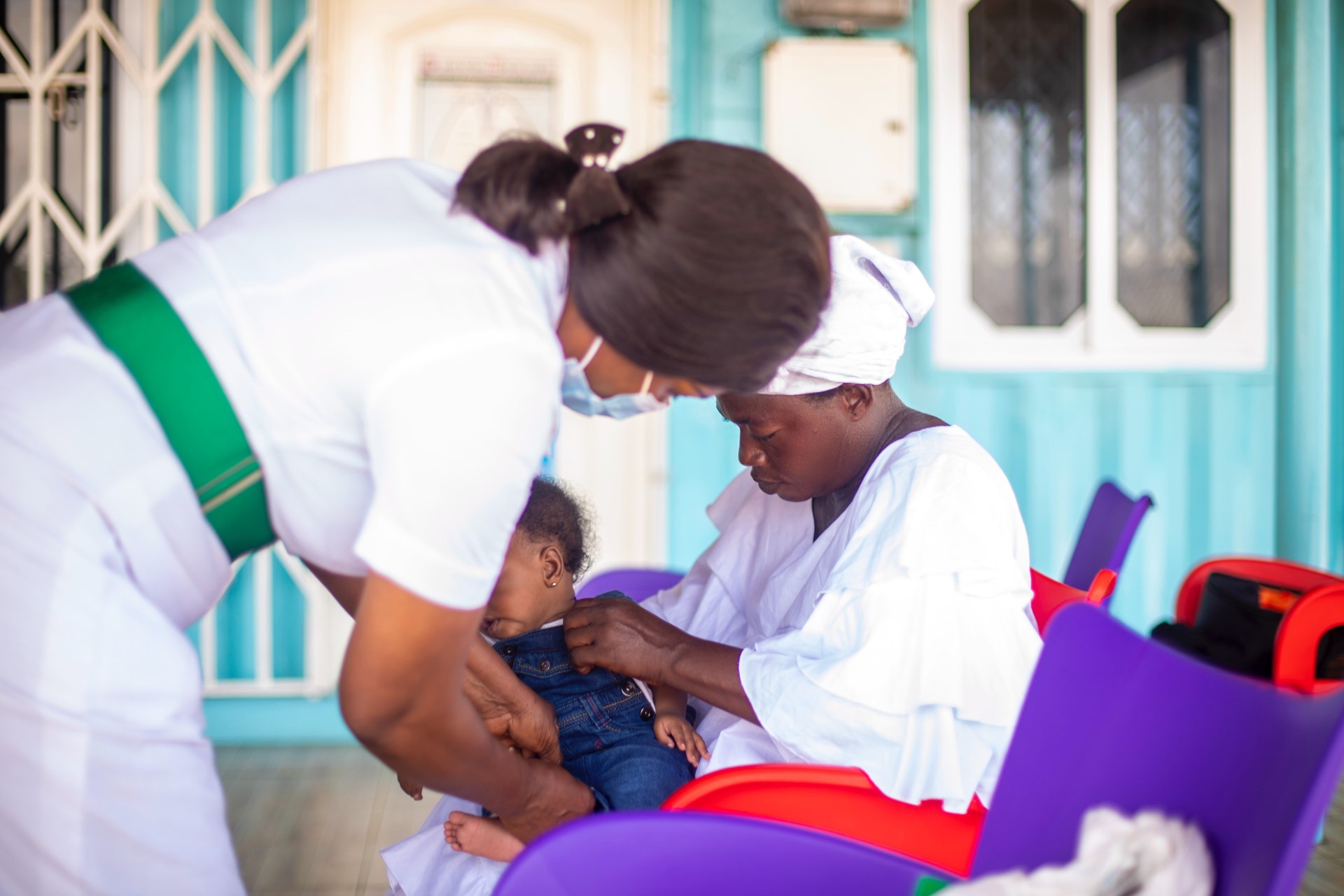
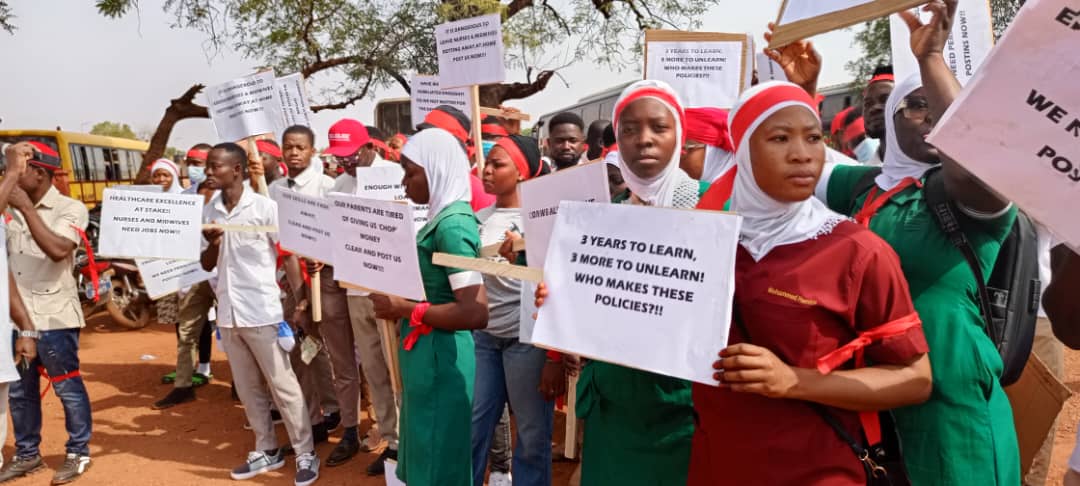
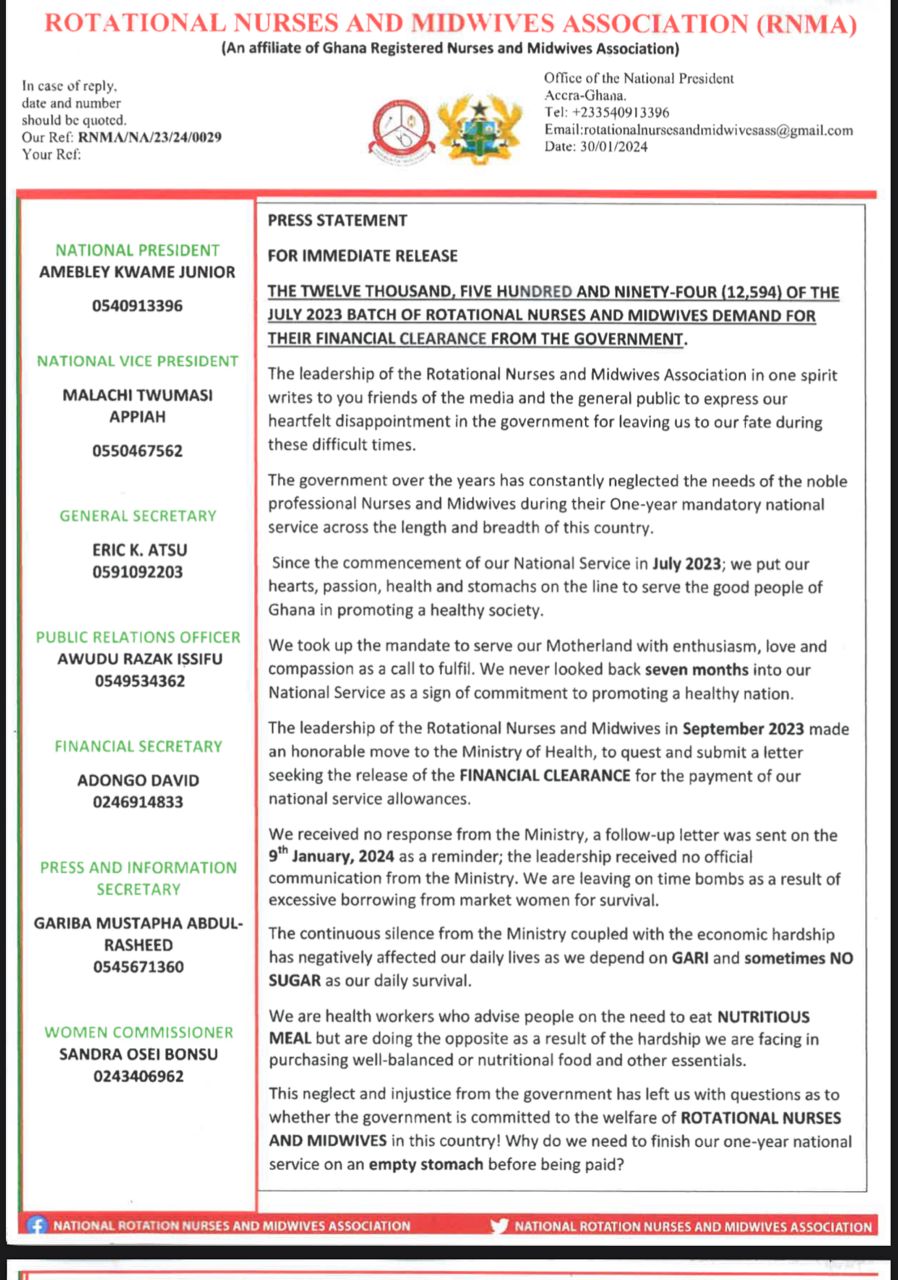



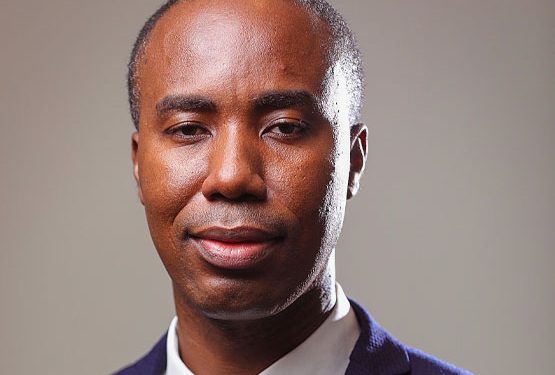




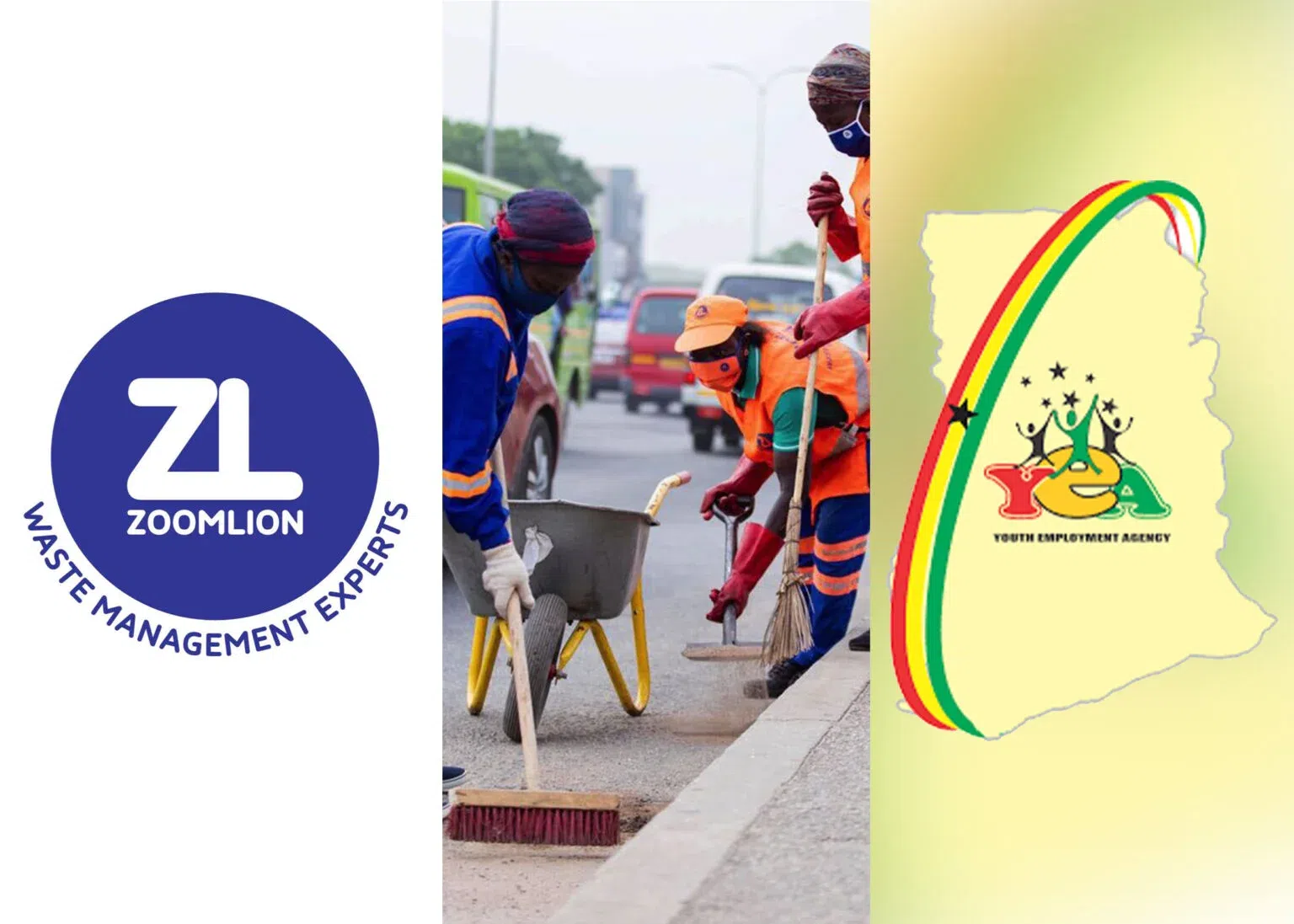
Facebook
Twitter
Pinterest
Instagram
Google+
YouTube
LinkedIn
RSS